Eleven years ago, David established his product design agency, UX studio. Like most agencies, their journey started with serving local small businesses but they eventually went on to work with large enterprises like Google and Netflix.
“While we were designing great products for these tech companies, an obvious question came up. Our designers asked me, ‘If we can design such great products for other companies, why don’t we build our own?’”
This question sparked a shift in their company:
“So we started building our products and shifted the focus of the company to become this product house where we build multiple SaaS products.”
The evolution of David’s SEO thinking
“In the early days of the agency, the main idea was to do inbound marketing and become thought leaders. So we wrote a lot of high quality, in-depth articles about different topics but these were mostly informational.”
They wrote on topics such as:
- How to do personas
- How to build wireframes
- How to design a button
Despite producing great quality articles and having lots of readers, they were not getting new clients. David and his team analyzed what was happening and found that they had to shift their strategy:
“We learned that all our competitors were reading almost everything we wrote and other designers were reading them too. But these people were not the same people who were looking to hire design teams at other companies. So the blog was actually more useful as an employer branding channel.
That’s when we learned the distinction between informational and transactional articles.”
Shifting to transactional articles
Transactional articles target transactional keywords that a user searches for when they want to solve a problem. This helped them get their first project with Google and they later on applied the same SEO strategy to their products.
David notes how Canva is winning at this strategy with the keyword “templates”:
“When you want to search ‘wedding invitation template’, ‘social media post template’, or ‘video template’, the first thing you’ll see on Google is Canva.
Their decision was a really wise one because those who are looking for a template are usually ready to create something with that template and are ready to try out a tool like Canva.”
He adds that there is no list of best transactional keywords because it depends on your niche and you can only find it out through experimentation:
“Do your research, and start publishing content. When you talk with your users about it and see how they react, you do more keyword research, and you’ll eventually find those transactional keywords that really work well.”
The origin story of Ranking Raccoon
After the success of their first three products, UX studio launched Ranking Raccoon, an SEO tool. The idea for the fourth product came from pain points their own marketers were experiencing.
“Our own marketing and product teams at UX studio rely heavily on SEO. We found that this is the best channel if you want to scale up a product. But all of them really hated link building.
And I understood why because you have to send thousands of cold emails, do the tedious work of collecting website owners, and filter down the contact information. So it wasn’t a pleasant thing to do.”
David adds that receiving link building requests was also challenging:
“We also received low-quality backlink requests from spammers and owners of scammy sites (private blog networks full of AI generated content). So it was very difficult to figure out who were the trustworthy professionals you could work with.”
Ranking Raccoon aims to be a better solution for link building.
“Our platform is heavily moderated and we only let trustworthy SEOs join. We manually check every website that is added to the platform to make sure that the members of the community and the websites they’re collaborating with are all high quality and trustworthy.”
David hopes that Ranking Raccoon will become the go-to spam-free link building platform for all trustworthy SEO professionals.
Doing SEO for Ranking Raccoon
“Our original idea was not to do SEO at all because we thought that for this one, we need to have other channels. That was probably a stupid idea and I regret it.
I think a lot of founders regret that they haven’t started SEO early enough, and it’s funny I made that mistake too.”
Ranking Raccoon’s blog went live in 2024 and their articles focus on link building.
“The difficulty of creating a blog about link building is that you’re competing with all the other SEOs around the world.
So we’re trying to create our own niche by evangelizing this new way of link building that’s focused on quality–something we really believe in. There are some segments that we think our platform is really good for, like SaaS, and we target those.”
Starting with a small niche
Instead of creating a link building platform for everyone, Ranking Raccoon started with serving a small niche:
“We picked a few small niches and we actually reached out to people working in those niches with our pitch–almost manually inviting them to the platform. Then we started doing our SEO and paid ads later. After a while, we gave up focusing on these very small niches and opened it up for everyone.”
From ABC swaps to building relationships
“When we started Ranking Raccoon, we thought that our platform would be the tool that creates this balance. But when we tried to communicate this approach to users, it was just too complex and they didn’t understand how it would work.
Trust is a very important thing so if they don’t understand how it worked, that doesn’t really build trust.”
David and his team eventually ditched the idea and focused on helping users build great relationships with other marketers:
“We now trust our users to talk with each other so you can find folks who are covering similar topics that you do. We created a place where you can build relationships with these marketers and collaborate around link building. We let our users figure out how they can collaborate and ask something in return.”
Overcoming roadblocks
Roadblock 1: User inactivity
“One of the things we had to solve at the beginning was when people were not replying to each other.”
To solve this, Ranking Raccoon has a visual indicator to warn users if they should be more active.
“This was actually our first idea. We thought we would need a lot of different things to solve this issue. Surprisingly, this solved the ghosting issue and we have really great numbers.
We have around 70% of the requests replied to within a week and this is something you couldn’t do with cold emails.”
Roadblock 2: Serving two types of marketers
David shares that it surprised him that there were actually two types of marketers in the SEO space: in-house marketers and agency marketers.
“They have different working and communication styles, and they behave very differently.
In-house marketers (our main target) are more selective and they just want to collaborate with really trustworthy professionals from other companies. Meanwhile, agency marketers are less picky because there’s a big pressure on them to deliver things.”
These differences definitely cause some friction:
“So these agency marketers start conversations with a long list of domains they’re working with, which comes off as super annoying to in-house marketers who just want to know about a few opportunities that are highly relevant to them.”
Ranking Raccoon is currently working on ways to teach both types of marketers how to communicate so they can collaborate better.
Why you should invest in SEO early
“I think SEO is still the most important online channel. You can’t beat it in scale and targeting.”
David shares a few benefits of how SEO can help your business, even if you’re yet to launch your product.
Targets people who are ready to buy and try a new tool
“If you target the right keywords, you can create content for those people who are searching for a solution right now. In this sense, SEO brings you better quality traffic than other channels.”
SEO is scalable
“If you create evergreen content, it will work for you for a long time.”
While not every founder can do this for a lot of reasons (i.e. having investors), David says you should do SEO as early as you can:
“For bootstrappers or companies who have multiple products or want to start a new product, I think it’s a really great approach because you’ll already have the traffic by the time you start building a product. You will have testers and an early audience.”
Final advice
Do build backlinks.
“They still work and the best way to do it is to build lasting relationships in your industry. Find partners in other companies, marketers, and SEOs.”
Don’t sacrifice quality to quantity.
“You don’t need hundreds of backlinks. You just need a few really great quality ones.”
Thanks for listening! If you found the episode useful, please spread the word on Twitter mentioning @userlist, or leave us a review on iTunes.

